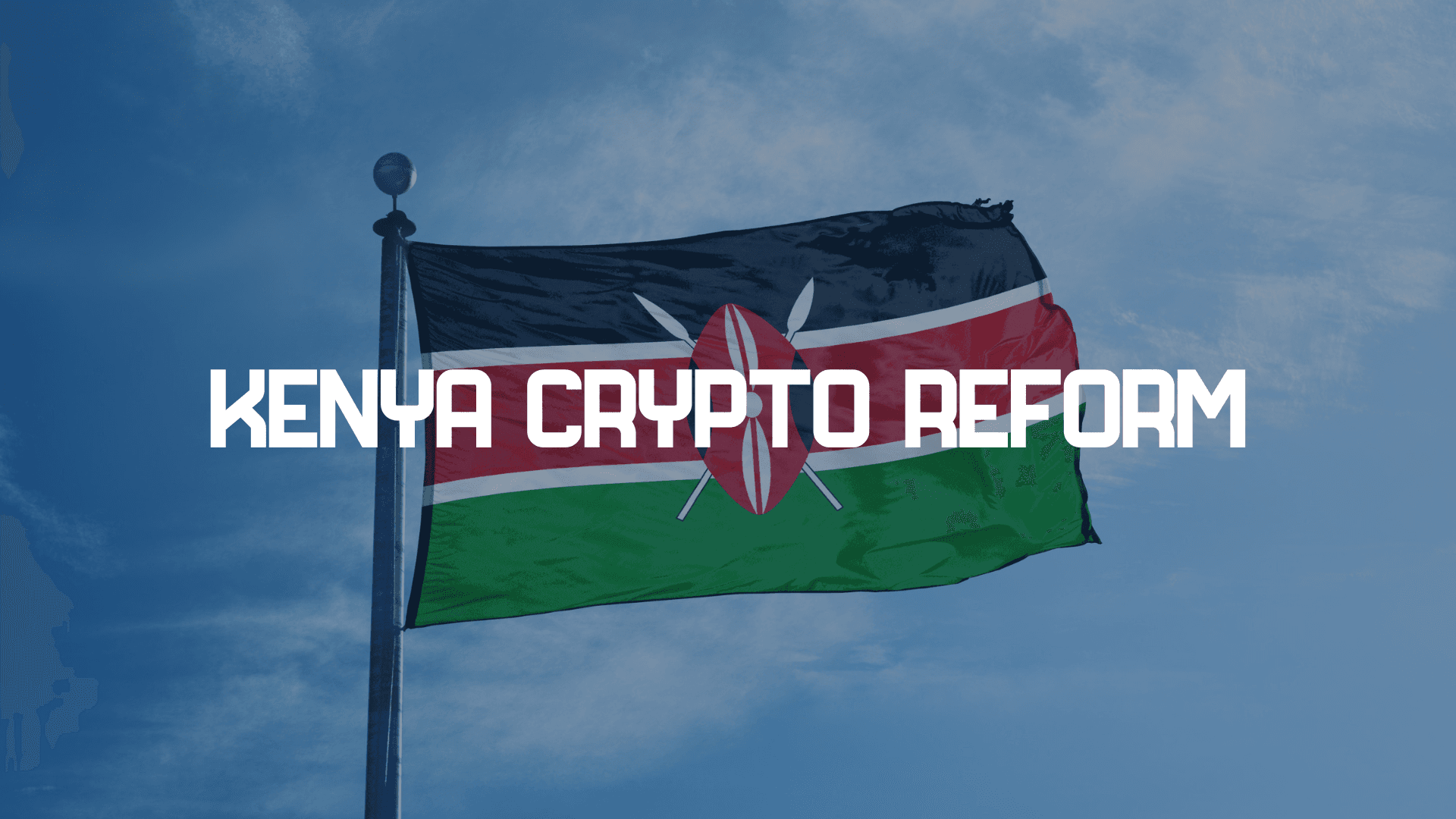Kenya has enacted a landmark law that formally integrates cryptocurrencies into its regulated financial system, a move expected to transform the nation’s online betting and digital payments sectors. The Virtual Asset Service Providers Act, 2025, signed by President William Ruto on October 15, provides long-awaited clarity for crypto use across gaming, fintech, and commerce.
Establishing a Dual Regulatory System
The new law introduces a two-tier oversight framework led by the Central Bank of Kenya (CBK) and the Capital Markets Authority (CMA). The CBK will regulate stablecoins and monetary-linked assets, while the CMA will oversee crypto exchanges, brokers, and digital trading platforms.
This dual approach mirrors international best practices seen in jurisdictions such as the EU and Singapore, aiming to strike a balance between innovation, financial integrity, and consumer protection.
Major Implications for Online Betting
For Kenya’s growing online betting market, the legislation marks a turning point. Licensed operators that accept or process crypto-based payments must now adhere to stricter Know Your Customer (KYC) and anti-money-laundering (AML) requirements.
These new compliance measures will increase operational oversight but also enhance player protection and financial transparency, reducing the risks of fraud and unregulated crypto transactions that have previously circulated through offshore wallets.
Building Trust in the Digital Economy
The Act is part of Kenya’s broader strategy to create a trust-based digital economy. By formalizing the crypto sector, regulators seek to protect consumers, stabilize markets, and support the development of legitimate blockchain-driven financial services.
Analysts suggest the reforms could make Kenya one of Africa’s most attractive destinations for regulated fintech and gaming investment, setting a precedent for neighboring markets exploring similar digital finance frameworks.
A Framework for Long-Term Growth
The law’s passage signals Kenya’s transition from informal digital transactions to a modernized, accountable regulatory environment. It provides both legal certainty for businesses and greater protection for users, fostering a stable foundation for long-term growth in crypto innovation and iGaming.
Sources: iGaming Afrika, Reuters, Yahoo Finance

Betsson Becomes Official Betting Partner of the Davis Cup

Betinia Expands Gamification Strategy with Diego Simeone ‘Football Manager’ Platform

Betty Expands Toronto Footprint with Argonauts and Toronto FC Deals

FeedConstruct Acquires Exclusive Global Rights to Argentine Basketball Leagues

Petro Pushes to Preserve Colombia’s Gambling VAT Amid Budget Pressure
2026 © Invixos. All rights reserved. A product by Jerom Verschoote.

